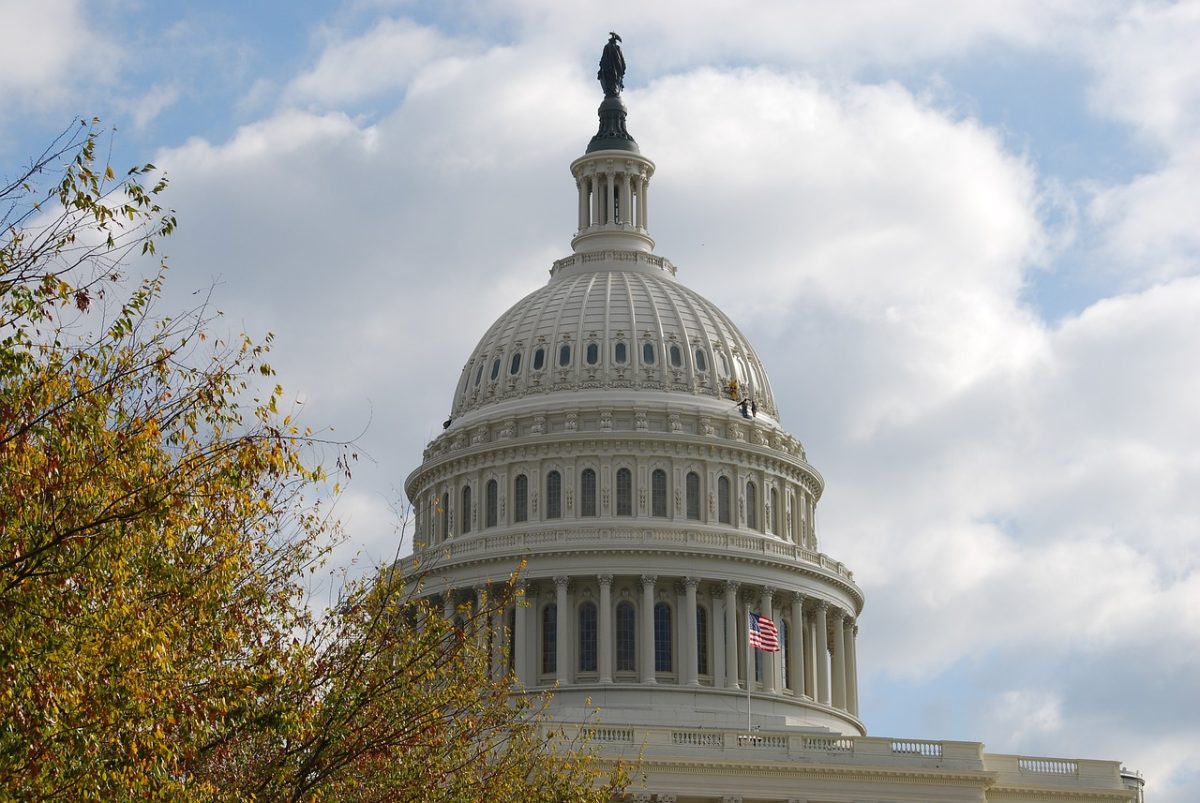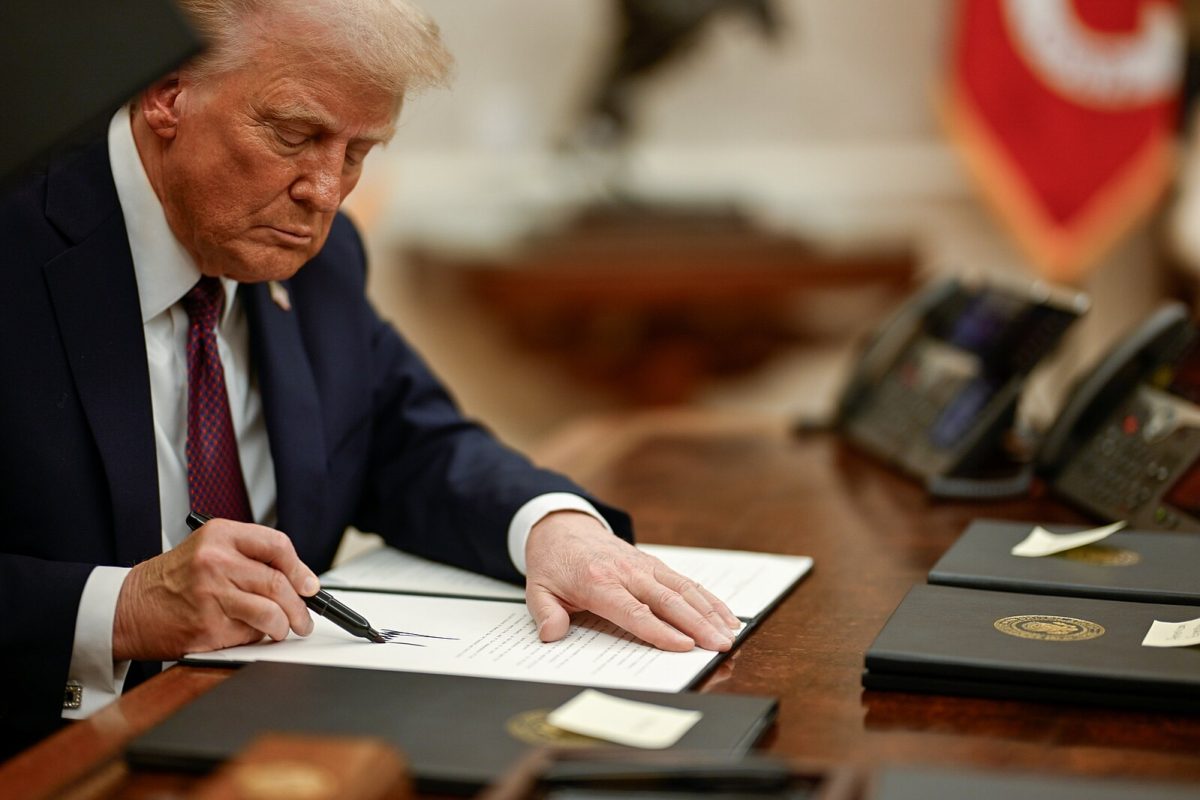President-elect Donald Trump recently announced the creation of a new executive agency, The Department of Government Efficiency (DOGE), and named billionaire and Tesla CEO Elon Musk and former Republican Candidate Vivek Ramaswamy to head it. Many people are still determining what to expect from this program, its efficacy, and whether it will actually implement practical ways to reduce government spending or become a waste of taxpayer dollars. This is an unprecedented plan coming from Trump, and the legal and constitutional constrictions challenge the department’s ability to be created and hold any significant power. It competes with the preexisting Government Accountability Office (GAO), founded in 1921. Predicting the future of DOGE and its potential impact or ramifications is challenging.
There are different types of government agencies: an executive agency, created by the president and often used for purely advisory purposes, and a federal agency, created by Congress and has its tasks and funding mandated by Congress. For example, the Department of Education, Department of Homeland Security, and the FBI are all officially created by Congress, often after being requested by the President. Congress holds what is often called “The Power of the Purse,” meaning they get to manage and control government spending, allocating funds as they see fit.
The Government Accountability Office, or GAO, was created in 1921 and acts as the auditing service for the US Government. According to the agency, they withheld $70 billion from agencies in fiscal 2023 over their hundreds of actions to properly allocate federal funds. Every dollar spent by the GAO returns $133 to the government. It plays a similar role to Trump’s proposed DOGE, advising departments on cutting back wasteful spending and creating a list for Congress, titled the “High-Risk List,” or areas where potential waste, fraud, and abuse is high and requires legal changes to fix. This list is often left unaddressed, some items being there since the early 1990s.
So why does Donald Trump want to create another, less powerful agency that essentially already exists? This is where Elon Musk comes in. The Department of Government Efficiency could become a way for Musk to push for business tax cuts and industry deregulation, protecting his multi-billion dollar business empire. Additionally, it could begin pushing federal funding toward business pursuits instead of welfare and social services. However, without the power of Congress, the Department would likely run into challenges reallocating funds, given Congress’s oversight of federal funding. In a Wall Street Journal Op-Ed, Musk and Ramaswamy explained their goals for DOGE, describing, “This team will work in the new administration closely with the White House Office of Management and Budget. The two of us will advise DOGE at every step to pursue three major kinds of reform: regulatory rescissions, administrative reductions and cost savings. We will focus particularly on driving change through executive action based on existing legislation rather than by passing new laws.” (Musk and Ramaswamy 2024) The unofficial role of DOGE raises the question of purpose: without federal power or funding from Congress, will this department significantly increase government efficiency and spending, or will it become another reelection ploy from President Trump?
It is too soon to see what the DOGE will look like or its impact on the GAO and the rest of the federal government, but one thing is clear: The DOGE will challenge many Obama and Biden-era departments and laws. Musk and Ramaswamy are already setting their sights on the Affordable Care Act and the Environmental Protection Agency. They hope to dismantle the DOGE by July 2026. This year will tell whether Trump’s planned department could create significant waves in the Federal Government or become a forgotten part of the Trump Administration.

















